Asma Khan opened her first restaurant in late June 2017. She has an unusual background for a chef, and I can safely say that she is the best chef in London of any genre to have earned a PhD in constitutional law. Asma was raised in an aristocratic family in Calcutta (now Kolkata) and moved to the UK in 1991. Recently she has decided to devote her time to food, rather than the law, and for the last few years has run highly regarded pop-ups and supper clubs, where she has honed her skills. She spent time in the household kitchen where she grew up researching recipes handed down for generations of her family. Unusually, she has recruited an all-female staff to run the kitchen. The restaurant name, incidentally, name refers to a train that took the young Asma away in the heat of summer to family holidays in the relative cool of the hills of Darjeeling, in the Himalayan foothills.
The Darjeeling Express premises are a bit tricky to find. The restaurant is in the Kingly Court development, a bustling courtyard just off Carnaby Street full of restaurants and bars. The restaurant is on the second floor of the complex; there is access via a lift from street level. The dining room has a high ceiling and good natural light, with an open kitchen to one side. Adorning the walls are black and white prints of photos from the owner’s childhood days in India. The style of food here is very much home cooking, so do not expect cheffy flourishes or elaborate presentation.
The menu had starters priced from £5 to £8, main courses £10 to £16, side dishes £4 to £6 and desserts at £5. The short but thoughtfully chosen wine list has been selected by the general manager Florian Siepert, who previously ran the front of house at Brunswick House and before that at Peckham Bazaar. The couple of dozen bottles listed ranged in price from for £22 to £50, and had labels such as Ziereisen Heugumber 2015 at £25 for a bottle that you can find in the high street for £9, and the excellent Keller Riesling Trocken 2016 at £40 compared to its retail price of £21. A nice touch was the selection by the glass, such as the lovely J.J. Prum Kabinett 2014 from a magnum.
Papri chaat had five little heaps of black chickpeas and spiced potatoes, each on a disc of crisp papri (dough flavoured with caraway) and flavoured with tamarind chutney, topped with sev (crunchy noodles made with chickpea paste and spices) and coriander leaves. This was an excellent version of this classic snack, the sweet tamarind in just the right balance, the papri light and crisp, the savoury sev crunchy (14/20). Even better was Tangra chilli garlic prawns, a fusion dish named after the Chinatown of Calcutta. Although a simple dish, the prawns had some natural sweetness, and the cooking was very precise, the shellfish having lovely texture, their flavour enhanced by the chilli and garlic (14/20). Samosas were the little cocktail version, served with a trio of chutneys made from scratch in the kitchen: tomato and lime, tamarind and also smoked sesame and red chilli. The samosas were good, though were perhaps less interesting than some of the other dishes here (13/20).
Methi chicken used better calibre chicken than most Indian restaurants, the thigh meat nicely cooked and served with a rich sauce of fenugreek, tomato and other spices (14/20). Prawn malaikari is a Bengali dish of tiger prawns cooked in coconut milk. This was a mild curry that again featured very accurately cooked prawns (14/20). On the side, Hyderabadi tamarind dhal had tangy yellow lentils flavoured with curry leaves and dried red chillies. Often yellow dhal can be a watery affair, but here the lentils kept their texture, the blend of spices complex and lively (14/20). There is no tandoor here, so bread was roti - wholemeal bread with red onions and chillies, cooked in a tawa (frying pan). Rice comes with the meal.
For dessert, carrot halwa with pistachios and cream was modest in size but packed plenty of flavour (13/20), while stewed hunza apricots with cream were seasonal and had just enough sugar to balance the acidity of the fruit, without giving in to the over-sweet tendency that often afflicts desserts on the sub continent (13/20). The bill, with beer and some wine to drink, came to £49 a head. If you shared a modest bottle of wine then a typical cost per head for three courses might be around £45 or so. This is a bargain given the quality of the cooking on display here. The meal here is a world of quality higher than that of your local high street Indian restaurant. It may not have fancy presentation but the skill here in the kitchen is quite evident, and the flavours terrific. Do yourself a favour and take a journey on the Darjeeling Express.
Further reviews: 26th Oct 2017
























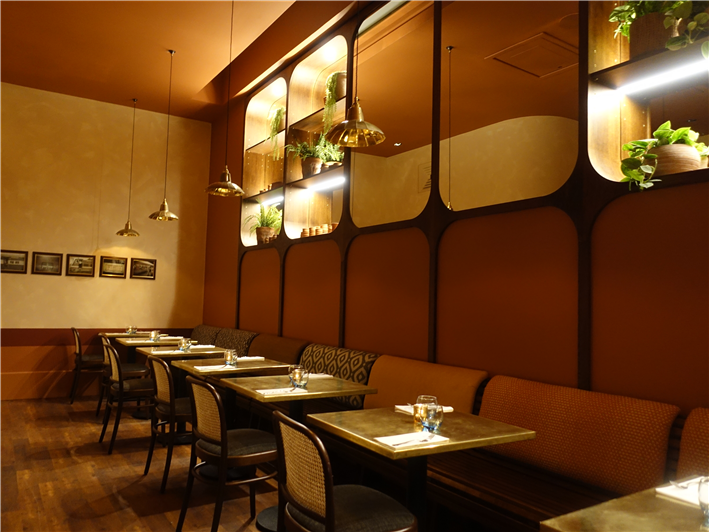

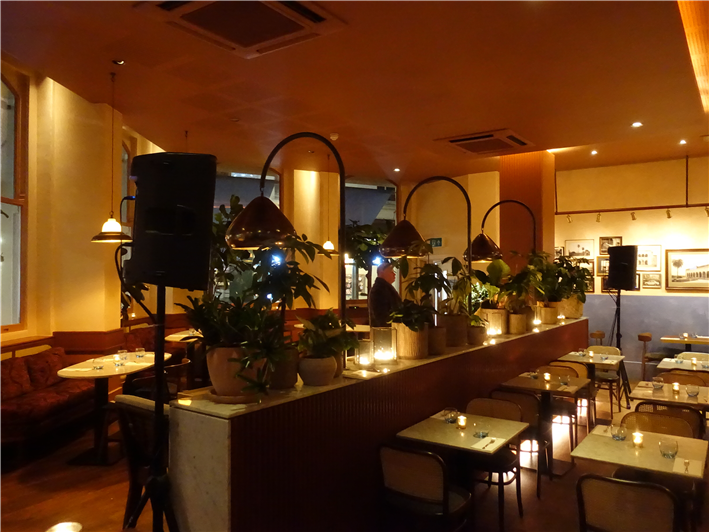
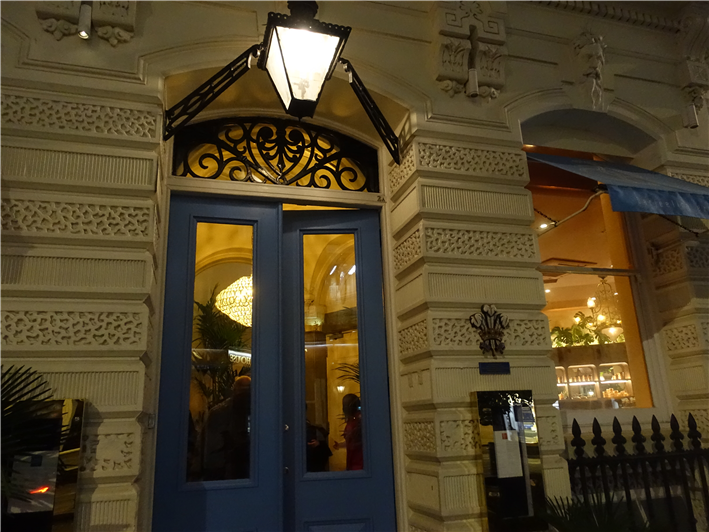
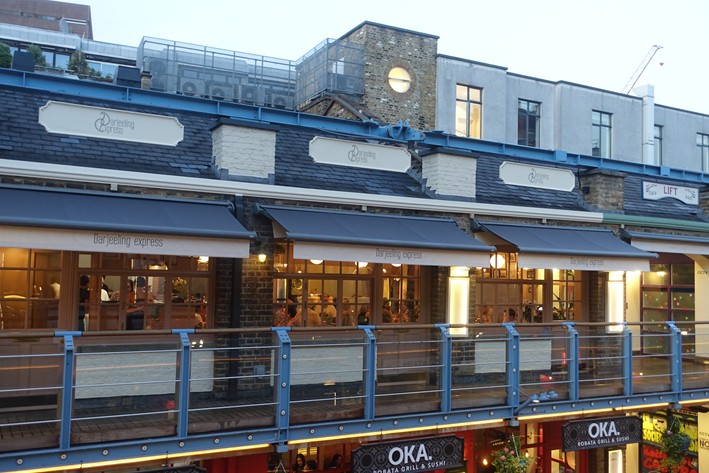
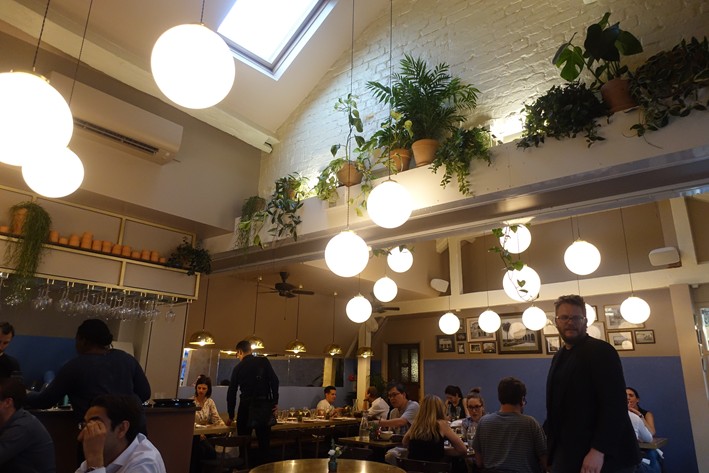
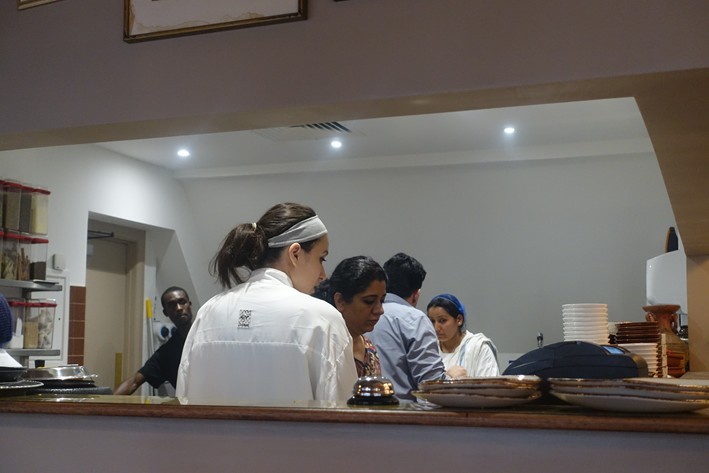
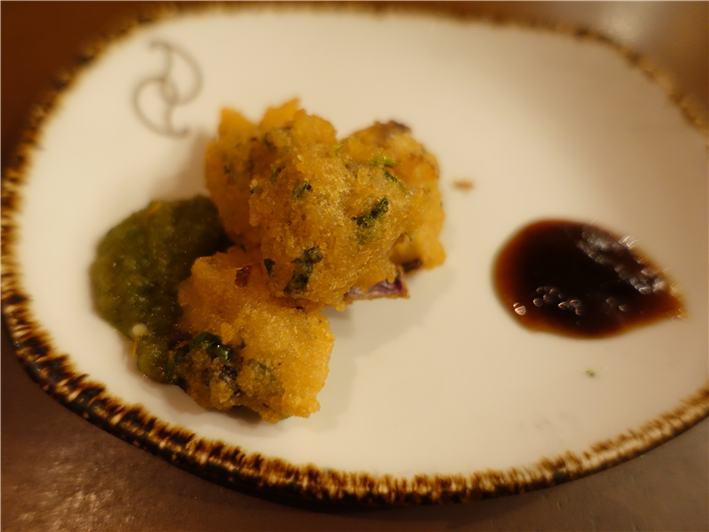
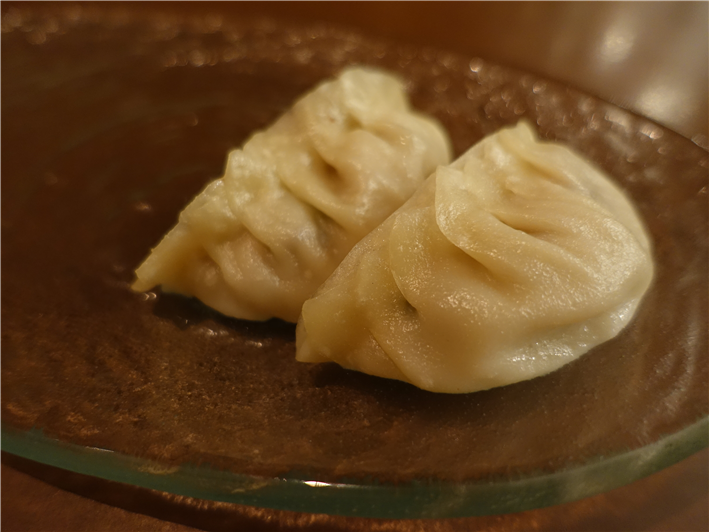
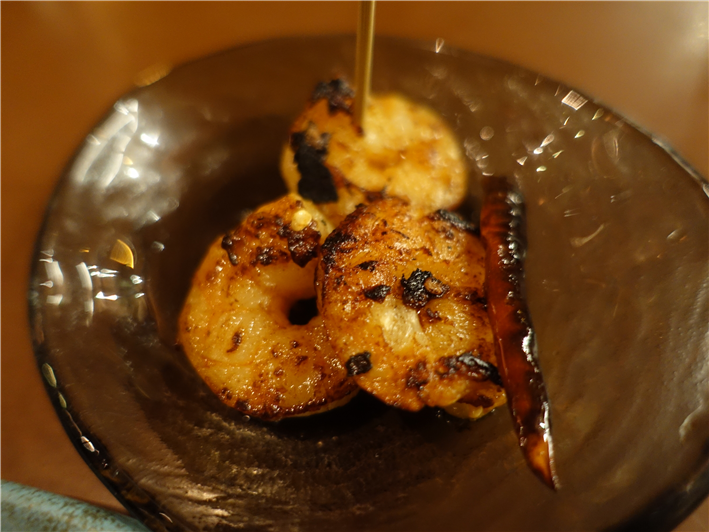
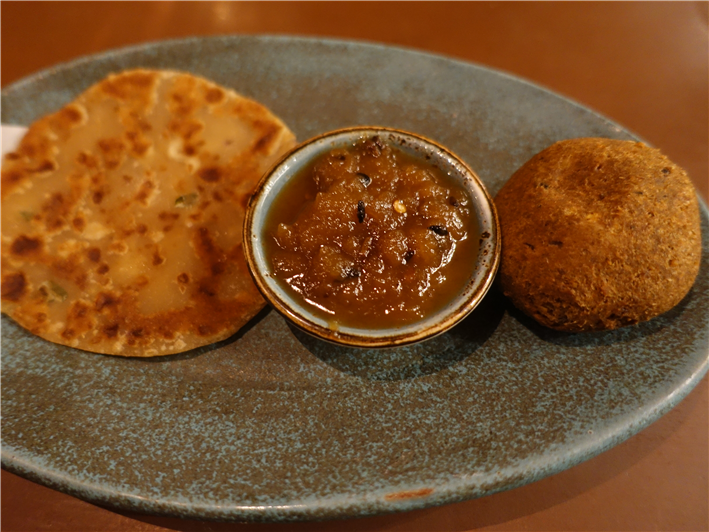
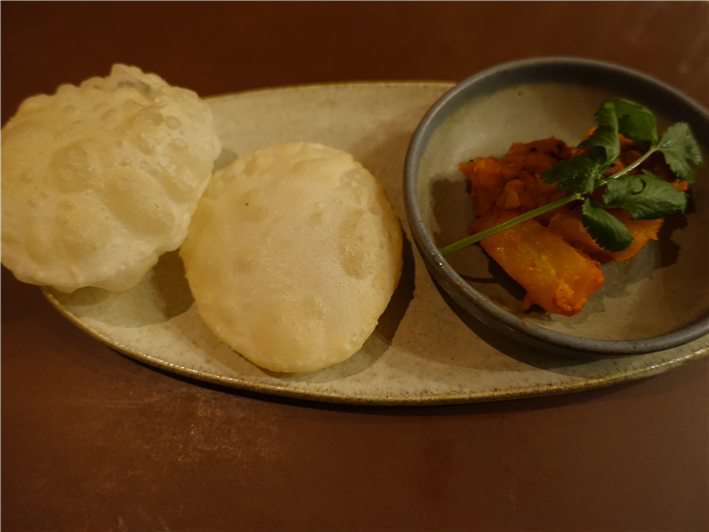
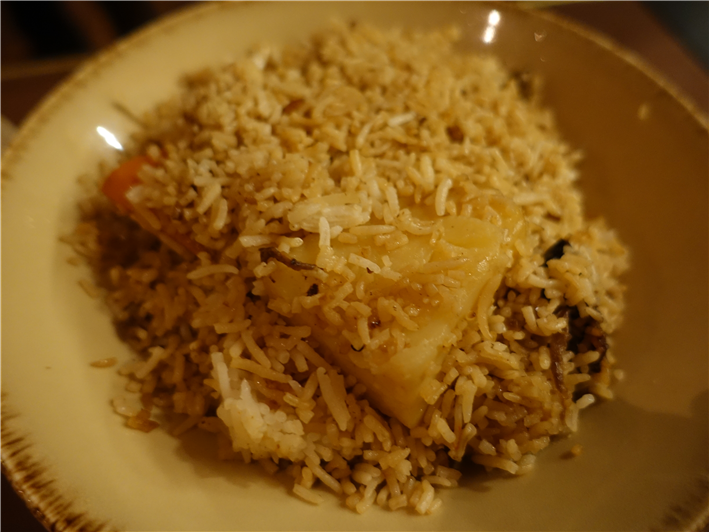
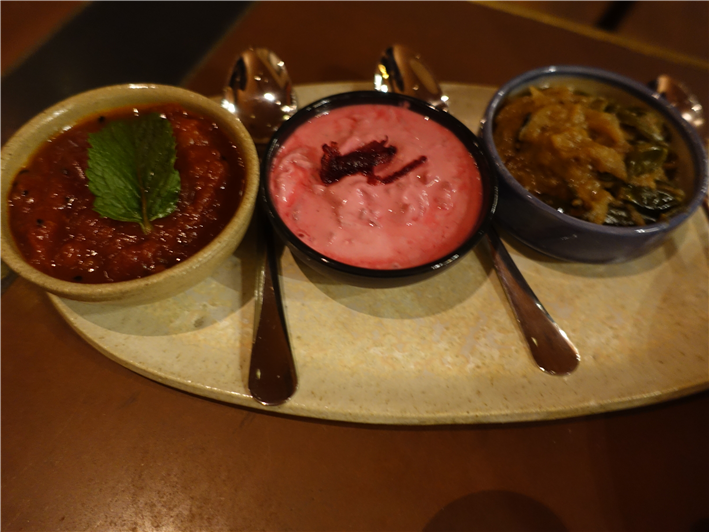
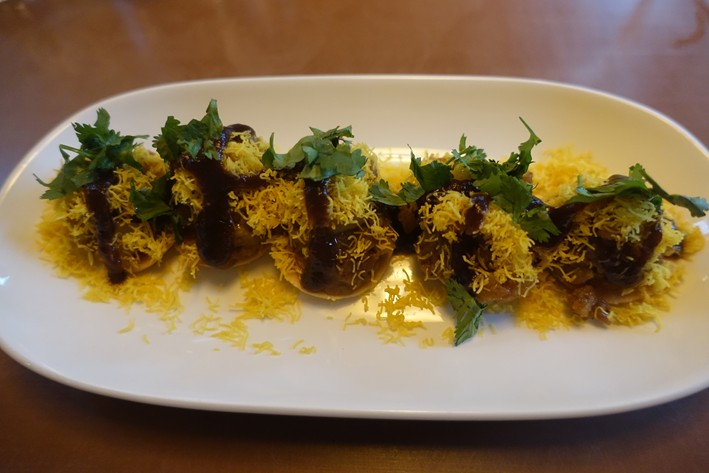
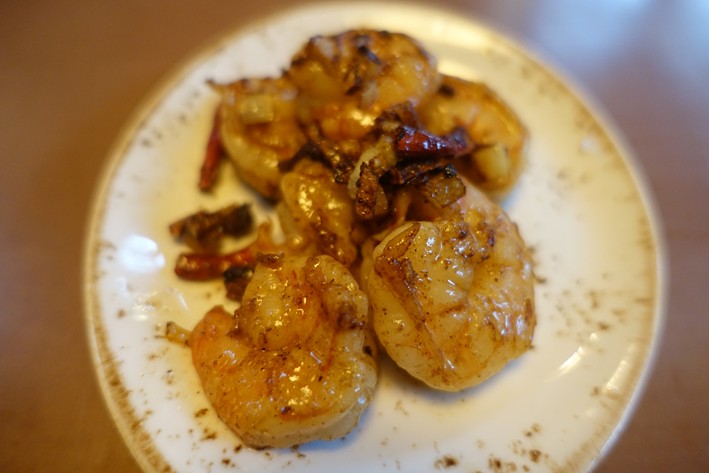
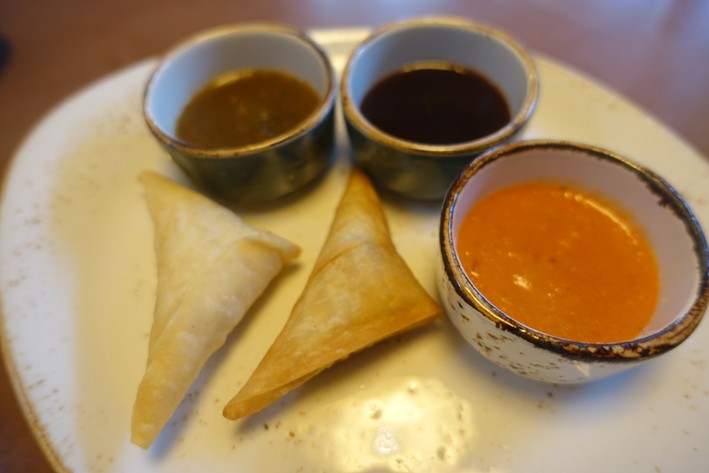
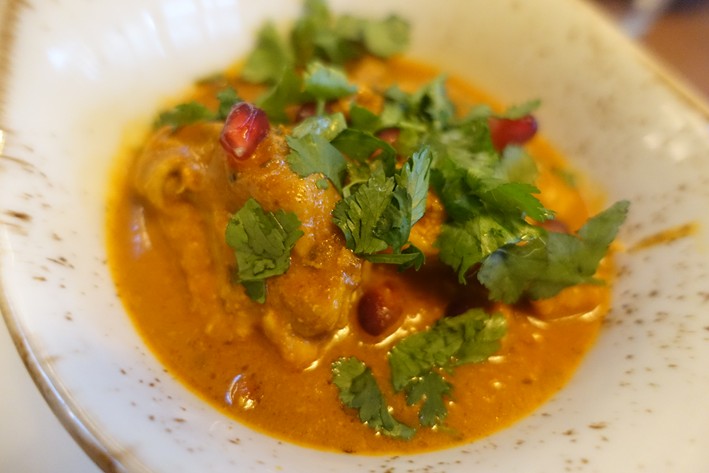
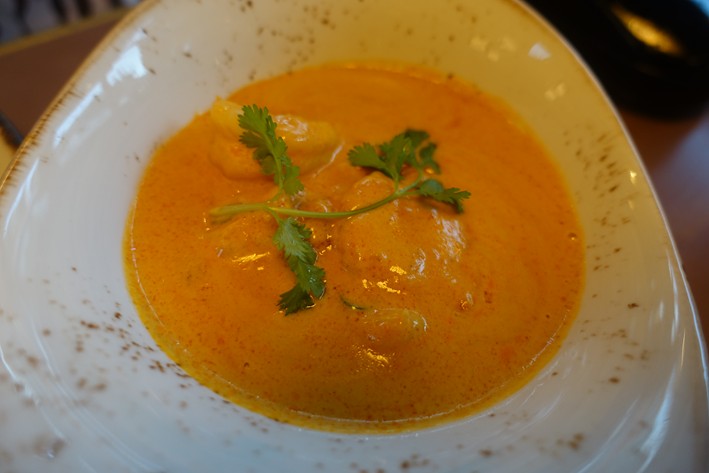
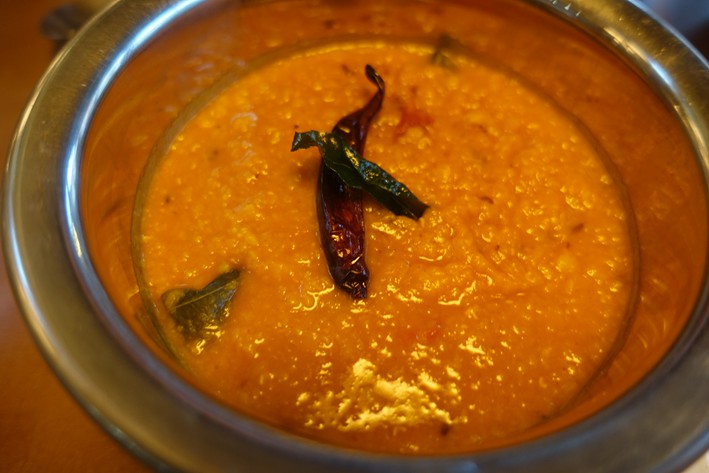
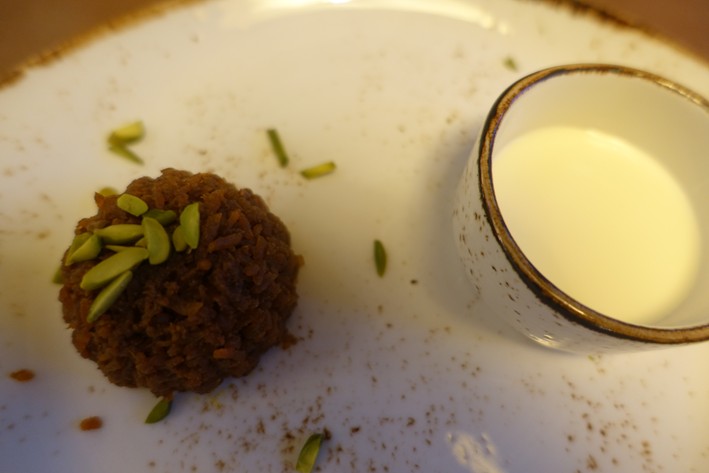
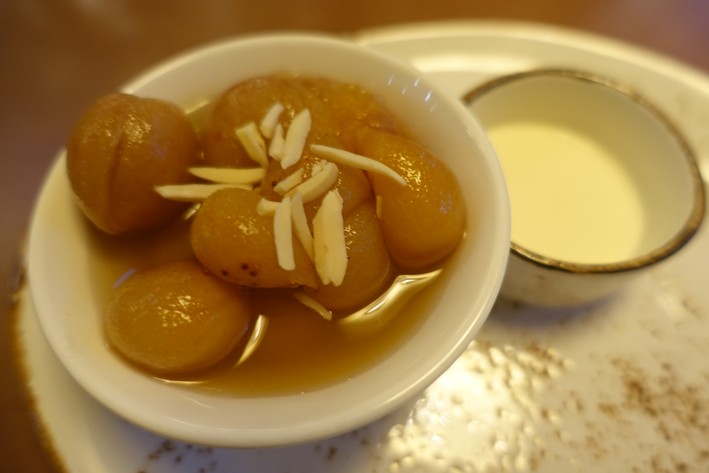
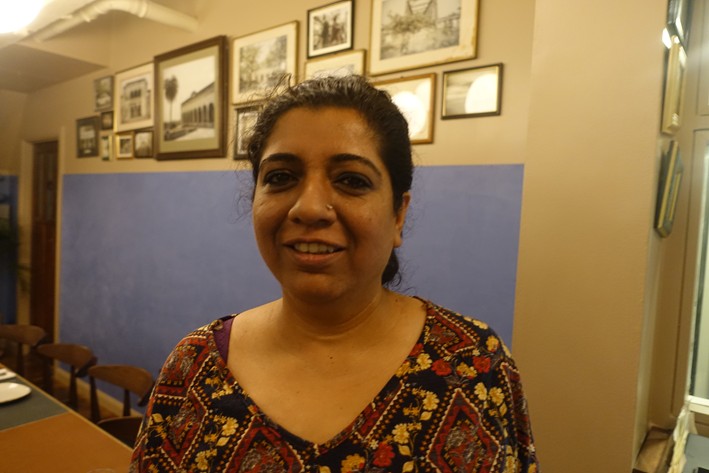

Markus Schmidt
tha nk you for your review of Darjeeling Express. We had dinner there last week, and we very much enjoyed the starters and mains. The German sommelier recommended to us a 1999 Riesling from a Mosel grower (not noted) which was not on the wine list - very nice and fairly priced at £39.